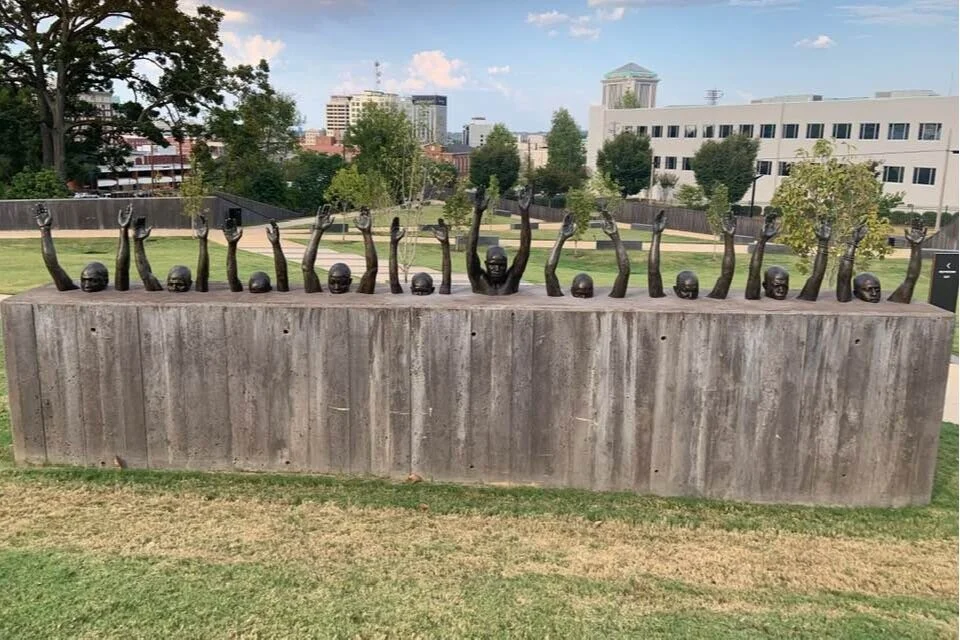“Othering” is being placed in a category by systems and society that deem you unworthy to be a part of the community. As a Black person, the foundation of “othering” is white supremacy that permeates throughout the social and justice system. Mass incarceration arose as part of the New Jim Crow to repress Black people. It is now so large and corrupt that it swallows everyone regardless of race.
The current climate of change surrounding justice is encased in microaggressive stigmas supportive of white supremacy that must be unraveled before any progress can be made. Many mean well but don't realize their reactions are problematic. The worst thing to do is get defensive when the problem is explained to you. You can't change something you're not acknowledging exists. Empathy is the most effective way to pierce the surface in order to begin the process of purging these issues from social systems. It also requires individual reflection and checking one’s bias at the door.
Your journey through stigma
I encourage you to explore this re-entry reading from a perspective of self - immerse yourself in the experience as though it is your own.
You are demeaned, humiliated, unheard, disrespected, dehumanized, and traumatized from your very first contact with the justice system. One day a kid threw a rock through your window and shattered the glass. Your landlord says they won’t fix it without a police report. When the police arrive they are dismissive and insulting. They take one look at the color of your skin and your neighborhood and without even looking at the damage say you were the one who broke the glass. Now the landlord won’t fix it because the police officer made assumptions and presented a false reality on the police report. You were mistreated by the responding officer and the landlord after experiencing a traumatic event.
Now you are haunted by memories of the officers snickering and fear what will happen should you encounter them again. You worry, wondering if they can be trusted to be honest when it’s something major - like a shooting when no one else is around. This renders you fearful of the very people you're supposed to trust to serve and protect you.
During another encounter with the police, you are asked to pull over because of a broken tail light. Your anxiety is heightened because you have already experienced injustice caused by “othering” from law enforcement. You try to stay calm but you’re triggered by the memory of their tone of aggression so you look for a well lit spot to pull over. You’re crippled by fear, and it shows up in your voice. The officer, mistaking your anxiety attack to be suspicious behavior, asks you to get out of the car to search it. You find yourself yelling at the officer that he has no right to search your car. The next thing you know you are on the ground after being tasered in handcuffs. You’re going to jail with a felony charge.
You complete your sentence, are released, and ready to begin a new life. You set out in search of gainful employment that will assist in building that new life. But you quickly find that having a criminal record impacts your ability to secure employment that fits your skill set and has opportunities for advancement. Instead, only the lowest-paid, least secure jobs are available to you. You’re shocked to find that one of the companies that employed you during work release won’t hire you now that you’re no longer incarcerated. You submit hundreds of online applications but automated algorithms eliminate you from the selection pool. After suffering innumerable rejections based on your charges, you aim for the lowest hanging fruit in an effort to bring in legitimate income. Finally employed in multiple low-paying jobs without benefits to try to make ends meet, you hope to eventually find a way to move up the ladder.
A place to live is a basic necessity for every human being. When you’re released on probation it’s a requirement, but you were dropped off at the local shelter without concern from the correctional officers. Failure to secure and maintain a place of residence could violate your probation on a technicality, landing you back in jail. In addition, you have a family to care for so you apply for housing within your budget. Regardless of how old your charges are, having a criminal record disqualifies you from renting from many communities and private landlords. A criminal charge on your background makes it difficult to secure a safe, affordable place, and it exposes you to predatory behavior by some landlords. Regardless of its nature, your felony charge automatically eliminates you from the majority of residences. After finally finding a residence within your budget, you disclose your record on the application and pay the background check fee. When the landlord schedules an appointment, you think you have the place, but instead they have just brought you in to say that “no one will ever rent to you” with that record. Now you don’t have a place to live and are out the cost of the application fees.
Despite all this, you are expected to miraculously transform into a “model citizen.” But the psychological and emotional impact of the penal system is traumatic. Those who have not had the experience of living as a justice-impacted person but presented with the same treatment, would report it as abuse and seek therapy to recover. Unfortunately, therapy is not offered to you, and you’re just expected to sort through the trauma associated with being incarcerated and ostracized. As with your efforts to secure sustainable employment and safe housing, you are on your own in a continuously hostile and dehumanizing environment.
Listening is the key
This is the reality for so many of our neighbors. But if these experiences are foreign to those in power, how can we expect to build a better world? The answer: the people who are impacted by this systemic injustice should be the ones at the table developing and implementing solutions. Who better to build a more inclusive, just world? The way we join the conversation may not look like what people are used to, but that does not imply that we won't be successful. Including new voices requires empathy, patience, and transparency from veterans of the arenas. Skill sets and comfort levels take time to develop.
Listening is the key. If someone feels they already know everything about a certain issue even though they have no lived experience of that issue, then unlearning should be where change begins for them. If given the opportunity to learn about the lived experiences of others, don’t analyze, empathize instead. This is true even among well-meaning people. The worst thing to do is get defensive when the problem is explained to you. When it comes to re-entry and the justice system, this unlearning and empathy includes recognizing the characteristics of white supremacy, stigma, and becoming aware of unspoken, subconscious bias in your own mind. Until these things are confronted openly no progress can be made. A clean canvas is where real change begins.
P.S. Everyone (regardless of race) should check-out “White Supremacy Culture” by Tema Okun to become aware of some of the characteristics, where they may show up in your day to day life (including yourself) and to begin your journey of unlearning.

